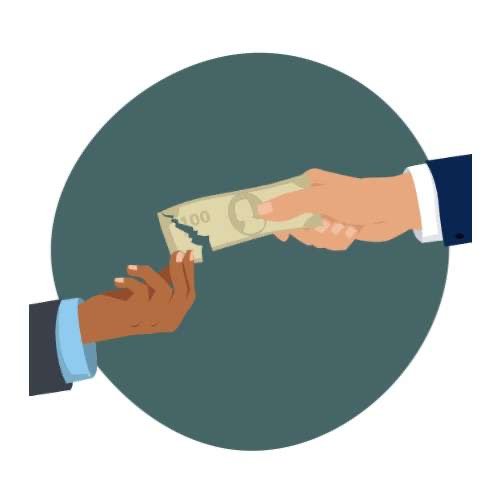A recent report by the World Bank Group has shed light on the stark reality of the global gender gap, particularly concerning women’s rights in the workplace. Contrary to previous estimations, the gender gap appears far wider when considering legal differences related to violence and childcare. Shockingly, women currently experience less than two-thirds of the legal protections afforded to men. This disparity exists across all countries, including the most economically prosperous ones.
The latest edition of the Women, Business, and the Law report provides an in-depth analysis of the challenges hindering women’s participation in the workforce worldwide. It introduces two critical indicators—safety from violence and access to childcare services—that significantly impact women’s opportunities. When factoring in these measures, women, on average, have access to just 64% of the legal protections that men do, a substantial decrease from the previously estimated 77%.
Moreover, the gap between legal reforms and actual outcomes for women reveals a troubling reality. While laws may suggest equality on paper, countries have, on average, established less than 40% of the necessary systems for full implementation. For instance, while many nations have enacted laws mandating equal pay for equal work, only a fraction have implemented measures such as pay transparency or enforcement mechanisms to address wage disparities.
The implementation of equal-opportunity laws hinges on a robust supporting framework, including effective enforcement mechanisms and access to healthcare services for survivors of violence. Unfortunately, progress in this regard has been sluggish.
Chief Economist of the World Bank Group, Indermit Gill, emphasizes the transformative potential of closing the gender gap, suggesting that doing so could boost global GDP by over 20%, effectively doubling the global growth rate over the next decade. However, achieving this requires governments to accelerate reforms to promote gender equality in both business and law.
Even countries that have made strides in enacting equal-opportunity laws face significant challenges in implementation. For example, while Togo boasts relatively progressive legal reforms, it has established only 27% of the necessary systems for full implementation, highlighting the uphill battle ahead.
Moving forward, it is imperative for governments to address key areas of concern, including women’s safety and access to childcare. By closing these gaps, we can unlock the full potential of women in the workforce, leading to greater prosperity and societal advancement.
https://www.worldbank.org/en/news/press-release/2024/03/04/new-data-show-massive-wider-than-expected-global-gender-gap#:~:text=No%20country%20provides%20equal%20opportunity,their%20families%2C%20and%20their%20communities
If you want to receive a quote for a holiday them please fill out this form: https://form.jotform.com/whatsgoingonireland/holiday-needs-form
These service is for members’ only, membership is €10 per year, become a member here https://mntpxiih.a2hosted.com/whatsgoingon/subscribe-landing-page/

